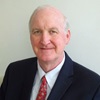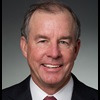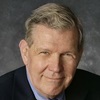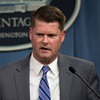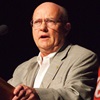
Post-9/11 Policy in East and Southeast Asia
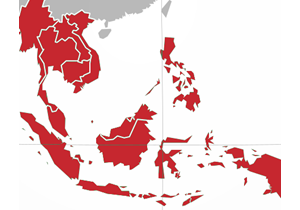
The attacks of September 11, 2001 made East and Southeast Asia a second front in President Bush’s “War on Terror.” This complicated the United States’ relationship with East and southeast Asia, adding efforts to combat Islamic extremism and support democratic development to already-existing concerns over regional security and rising economic rivalry.
Lead Scholar - Dr. LaiYee Leong
Full Interviews
These recordings are the property of the SMU Center for Presidential History and may only be used for research and teaching purposes. They cannot be copied or reproduced for profit. © 2016
Interview with Richard Armitage
|
Interview with Randy Schriver
|
Interviewees
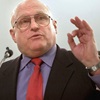 Richard Armitage Richard ArmitageDeputy Secretary of State (2001-2005) |
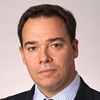 Ernest Bower Ernest BowerPresident of USASEAN Business Council CEO of Bower Group Asia Sumitro Chair for Southeast Asia Studies at the Center for Strategic International Studies (CSIS) |
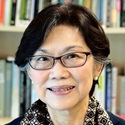 Chan Heng Chee Chan Heng CheeSingapore Ambassador to the United States (2001-2005) |
 James Clad James CladU.S. Deputy Assistant Secretary of Defense for Asia Pacific Security Affairs |
|
|
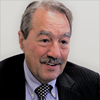 Matthew Daley Matthew DaleyDeputy Assistant Secretary of State, Bureau of East Asian and Pacific Affairs |
|
|
|
 Haruo Iguchi Haruo IguchiProfessor International Studies, Kwansei Gakuin University |
|
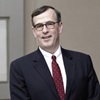 Frank Lavin Frank LavinAmbassador to Singapore (2001-2005) Under-Secretary of State, Ministry of Foreign Affairs (2005-2007) Undersecretary for International Trade (2005-2007) |
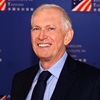 James Moriarty
James MoriartyNational Security Council Director for China Affairs Special Assistant to the President of the United States Senior Director at the National Security Council United States Ambassador to Nepal and Bangladesh |
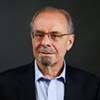 Bronson Percival Bronson PercivalCounter-terrorism Coordinator at the East Asian Bureau |
|
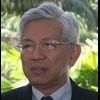 Rodolfo Severino Rodolfo SeverinoSecretary General of the Association of Southeast Asian Nations (ASEAN) |
|
These interviews will remain sealed from public viewing until a date specified in the agreement with each individual.
